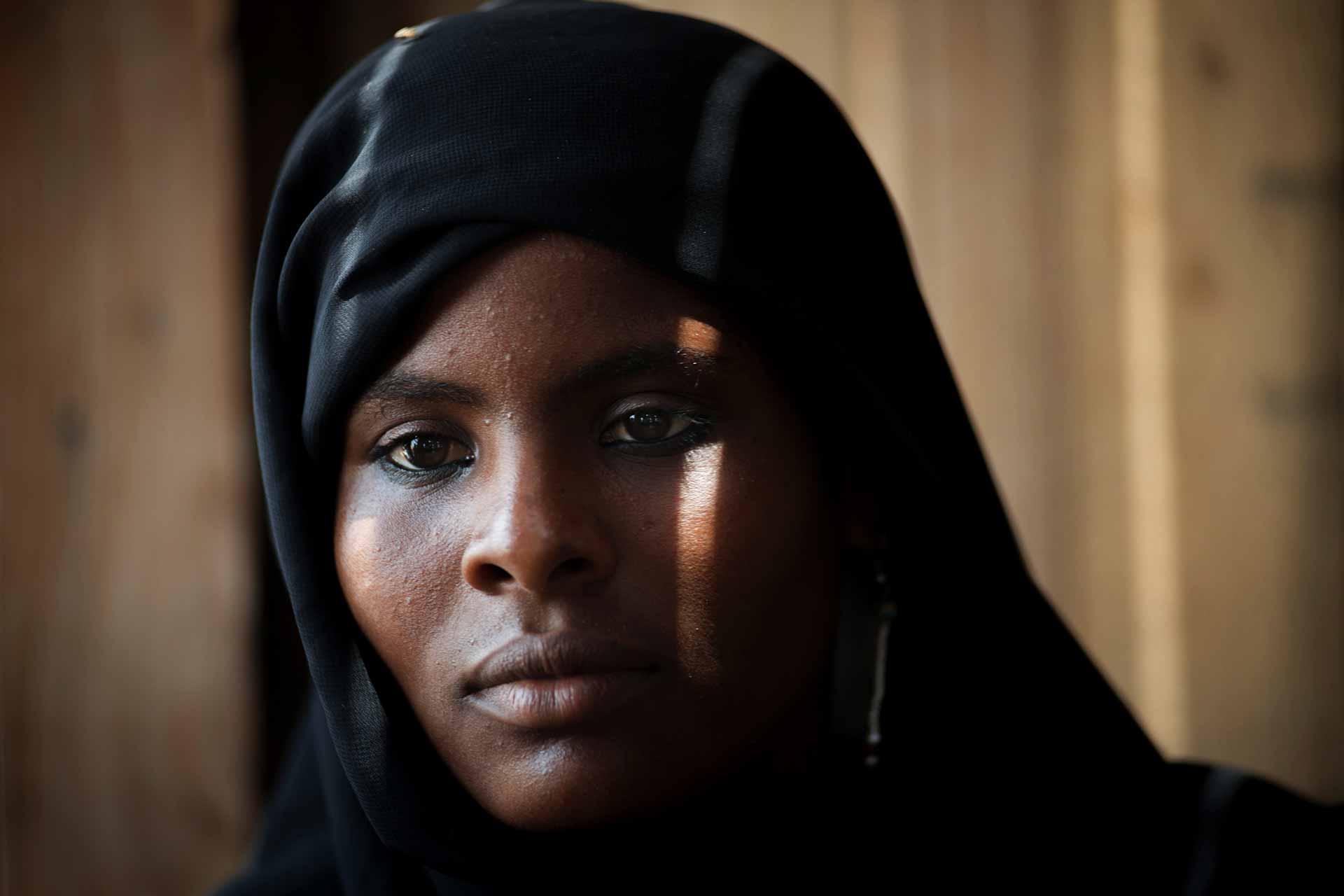EU humanitarian aid for Yemen will address the most pressing needs of people in Yemen for child malnutrition, famine and renewed fighting. EU joins humanitarian aid for record highs of child malnutrition, an imminent threat of famine and renewed conflict. The European Commission is allocating €95 million in humanitarian support.
More than 2 million children, as well as over 1 million pregnant women and mothers, will suffer from acute malnutrition in 2021 while escalating hostilities are forcing thousands of families to leave their households.
Commissioner for Crisis Management, Janez Lenarčič, announced the new funding at the high-level pledging event for Yemen on 1 March co-hosted by the United Nations, Sweden and Switzerland.
“The EU does not forget the dire situation of people in Yemen who are once again on the brink of famine after bearing the brunt of the world’s worst humanitarian crisis. New EU funding will be essential in maintaining life-saving aid for millions of people, exhausted after a disastrous year marked by fighting, COVID-19 and further economic collapse. Parties to the conflict need to facilitate the access of humanitarian organisations to those most in need and avoid further civilian suffering. Now more than ever it is crucial that International Humanitarian Law and unrestricted access to those in need are upheld,” said Commissioner Lenarčič.
US strengthens its diplomatic engagement towards Yemen peace deal
In 2021, EU humanitarian aid will continue to provide food, nutrition and healthcare, financial assistance, water and sanitation, education and other lifesaving support to the conflict-displaced and those in severe need.
Since the beginning of the conflict in 2015, the European Union has allocated €981 million in various forms of financial assistance to respond to the crisis in Yemen, including €648 million in humanitarian aid.
Millions of Yemenis facing ‘death sentence’
Entering the seventh year of conflict, Yemen faces again severe humanitarian needs on an unprecedented scale, a situation further worsened by the fragile socio-economic situation and the coronavirus pandemic.
Conflict across Yemen continues to endanger civilians, trigger displacement and damage infrastructure such as hospitals and schools. Imports of food, fuel and medicines are restricted, leading to shortages and high prices. Humanitarian aid continues to face serious impediments. The continued impact of the pandemic has stretched health services to the limit and restricted access to markets. In 2020, locusts and floods affected local food production in several areas, further exacerbating the difficult humanitarian situation and pushing the most vulnerable people into an alarming famine risk.
According to the Humanitarian Needs Overview for 2021, around 20.7 million people out of a total of 30.5 million in Yemen require of humanitarian assistance, with 12.1 million being in acute need.















